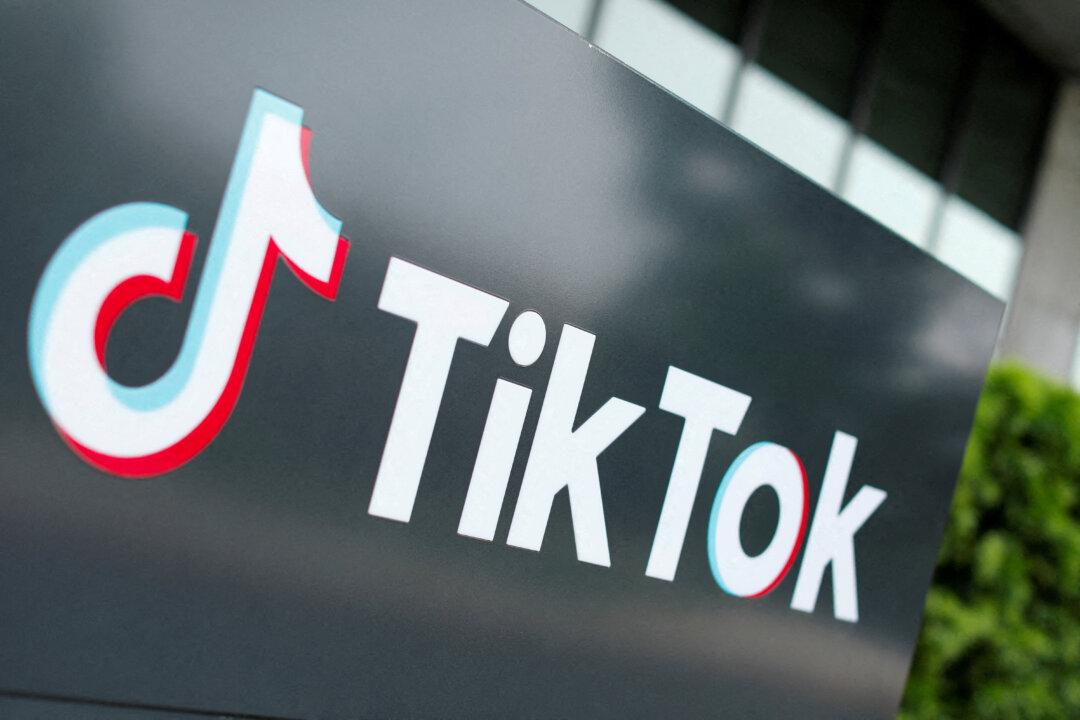Social media platform TikTok is being sued by the attorney general of Texas for allegedly exposing children to inappropriate material while misleading parents as well as minors about the addictive nature of the app.
“While TikTok has established itself as one of the most popular apps in Texas, it has utterly disregarded the health and safety of Texas minors in the process,” said the Jan. 9 lawsuit filed in the District Court of Galveston County, Texas. “TikTok is rife with profanity, sexual content, violence, mature themes, and drug and alcohol content. In an investigation of TikTok, the State discovered virtually endless amounts of extreme and mature videos presented to minors as young as thirteen—some with millions of views.





